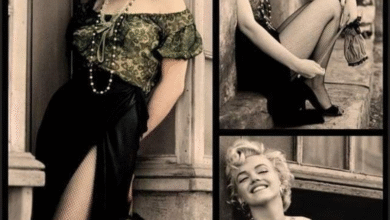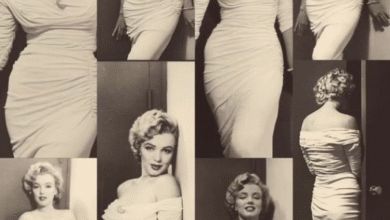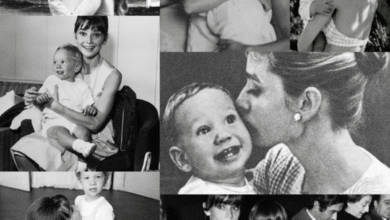How Denzel Washington’s Oscar-Nominated Role in Cry Freedom Changed His Career Forever
OPINION: This article may contain commentary which reflects the author's opinion.
Denzel Washington’s role as South African anti-apartheid activist Stephen Biko in the 1987 film Cry Freedom marked a pivotal moment in both his career and the global recognition of Biko’s powerful legacy. This was a role that demanded not only acting skill but a deep emotional connection to the historical figure he portrayed. Washington’s portrayal of Biko earned him his first Academy Award nomination for Best Supporting Actor, an achievement that would be the beginning of a remarkable journey, where his name became synonymous with some of the most iconic performances in Hollywood history.
Cry Freedom, directed by Richard Attenborough, tells the story of Biko’s life and activism in the face of apartheid-era South Africa. Based on the real-life accounts of journalist Donald Woods, the film explores Biko’s relentless fight for racial equality, his leadership in the Black Consciousness Movement, and his tragic death in police custody in 1977. While the story is largely seen through Woods’ perspective, it is Washington’s performance as Biko that brings the heart and soul of the film to life. His ability to convey the charisma, intelligence, and unyielding determination of Biko left an indelible impact on audiences and critics alike.
At the time of his casting, Washington was still relatively unknown on the big screen, having only gained some recognition from television roles. But his portrayal of Biko, a man who fought against systemic oppression with unwavering courage, was so powerful that it earned him widespread acclaim. Critics praised Washington for his quiet strength and emotional depth, capturing the essence of a man who was far more than just a martyr for the cause—he was a visionary, a leader, and a symbol of hope for countless oppressed people. His performance resonated deeply, showing that acting isn’t just about delivering lines, but about embodying a character’s soul and spirit.
Despite the film’s mixed reviews, with some critics suggesting that the story centered too much on Donald Woods’ perspective rather than giving Biko’s daily life and influence the spotlight it deserved, Washington’s performance stood out as a beacon of authenticity. He took on the role of Biko not as a political symbol, but as a human being, with hopes, dreams, and fears. His portrayal made Biko’s struggle personal, not just for the people of South Africa, but for the entire world to see.
Washington’s Academy Award nomination for Cry Freedom marked the start of a long and successful career in Hollywood. His recognition as Best Supporting Actor was an acknowledgment of his extraordinary talent and dedication to telling important stories, and it set the stage for future iconic roles, including his portrayal of Malcolm X, Rubin Carter in The Hurricane, and many others. His continued success would also be a trailblazer for Black actors in Hollywood, demonstrating that authenticity, emotional depth, and the courage to take on complex roles could break barriers and redefine expectations.
The role also earned Washington recognition outside the Oscars. He was awarded the NAACP Image Award for Outstanding Actor in a Motion Picture for his work in Cry Freedom, which further solidified his place as one of the most respected and talented actors of his generation. This recognition was not just for his acting ability, but for his contribution to telling stories that mattered, stories that illuminated the injustices of the world and the strength of those who fight for change.
Looking back on this iconic role, Washington reflected on how Biko’s legacy had shaped not only his career but also his perspective on the world. His portrayal of Biko was more than just a performance—it was a call to action. It reminded us all of the power of one individual to make a difference and the courage it takes to speak out against systemic oppression. It reminded us that, even in the face of adversity, it’s our compassion and empathy that make us human.
Denzel Washington’s journey with Cry Freedom is a powerful reminder that sometimes the most significant moments in our lives come when we step into roles that challenge us, both as actors and as people. Just as Stephen Biko’s legacy changed the course of history, Washington’s performance in Cry Freedom changed the course of his own career, laying the foundation for him to become one of the most influential actors of his generation. His story is a testament to the power of embracing challenges, pushing through self-doubt, and, above all, using art to give voice to those whose stories need to be heard.



